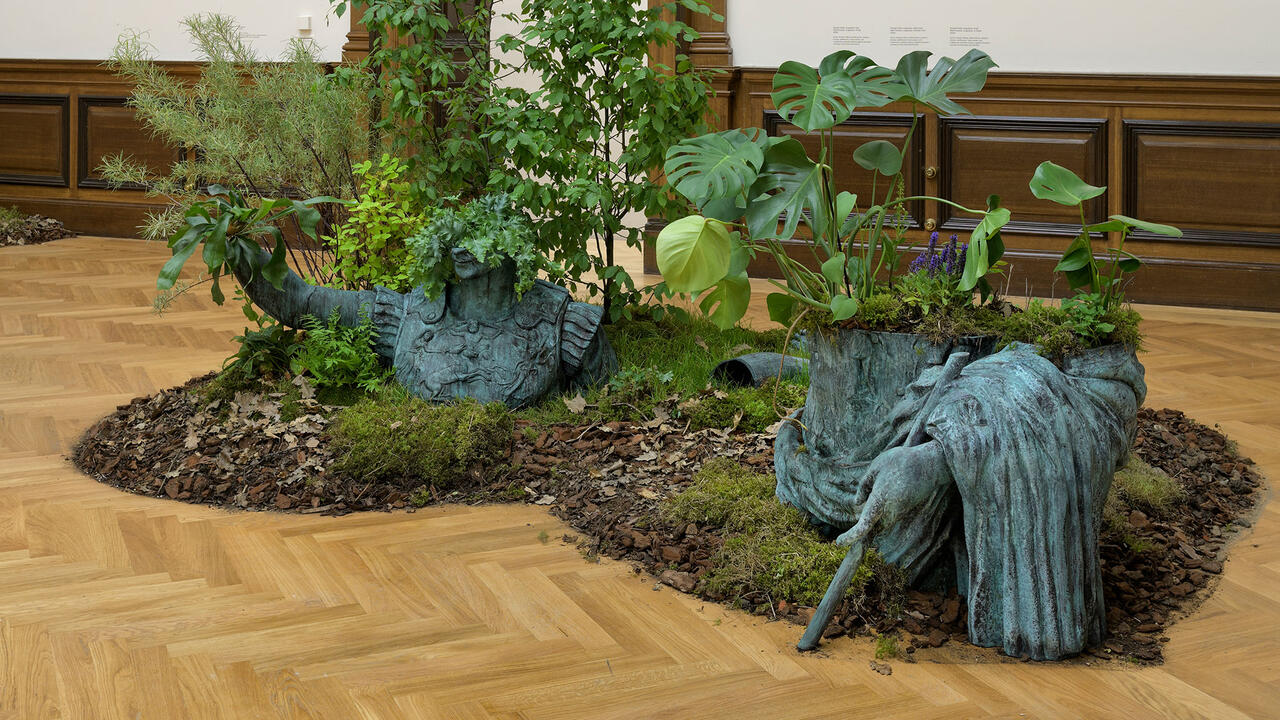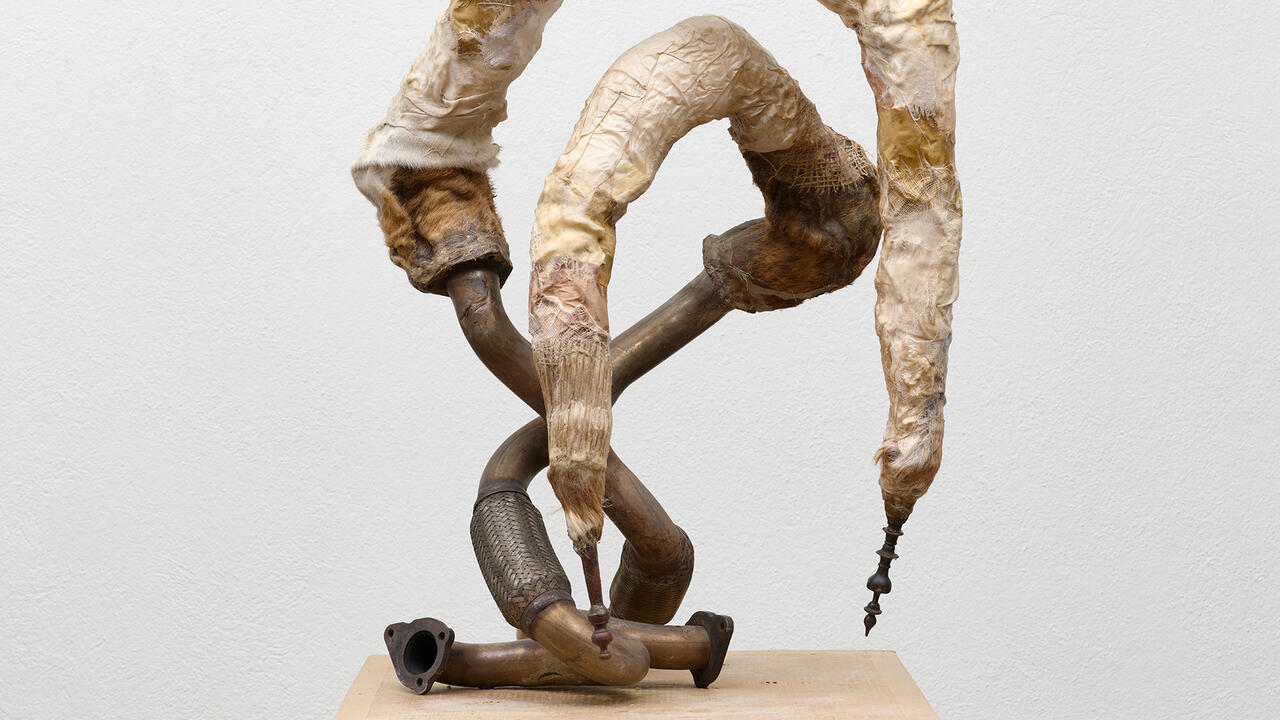In a World That Makes Us Sick, Bare Minimum Collective Have the Antidote
Jamila Prowse explores the theories behind the collective’s approach to disability justice and commitment to ‘doing nothing or, at the very least, as little as required of us’
Jamila Prowse explores the theories behind the collective’s approach to disability justice and commitment to ‘doing nothing or, at the very least, as little as required of us’

The last time I worked a nine-to-five job was in 2019: I’d sit in an open-plan office at my nondescript desk, piled high with papers, and, for many hours of the day, pretend to work. I often thought about the arbitrary nature of the eight-hour day, but it wasn’t until my body and brain refused to comply that I realized its true limitations. As a disabled person with an impairment that impacts my energy levels, the eight-hour day is fundamentally limiting to me.
Discovering Bare Minimum Collective was akin to discovering an antidote for my workplace blues. Earlier this year, after being postponed due to the COVID-19 pandemic, Bare Minimum Collective began a year-long residency, ‘THIS WORLD MAKES US SICK’, at London’s Institute of Contemporary Arts. The residency launched with interventions from Raisa Kabir, D. Mortimer, Imani Robinson and SWARM that reflected, in the words of member Lola Olufemi in the opening of the event, on ‘illness, work, laziness, care, love and doing nothing’. In Manifesto (2021), a video made by the collective, their manifesto is read aloud over visuals of members engaged in acts of leisure, play and rest: sitting in parks, laughing, doing handstands, foraging and seeking the refuge of nature within a cityscape.

Bare Minimum’s manifesto states that they believe ‘in doing nothing or, at the very least, as little as is required of us’. Their work resists the notion of work altogether. Member Christie Costello tells me over email that much of their coming together is around ‘studio days where [they] mostly gossip, cook for each other, draft each other’s emails, pick up some extra clay for someone else when they’re ill’. In this way, Bare Minimum acknowledges the importance of collective spirit and the ways in which we can divorce ourselves from the need to constantly produce – whether artistically or otherwise.
I felt a particular affinity with Disabled Artist/Art Worker Contract (2021), a document detailing Kabir’s needs as a disabled artist, which she read aloud at the ICA. The piece spoke of her inherent frustration at continuously having to articulate these access requirements and, in line with similar projects produced by other disabled artists, acts as an open resource to enable all disabled people to advocate for their rights. Simultaneously, the work engages with the extensive unpaid labour that disabled people – in being compelled to create such resources – are required to undertake.

Disability and illness can be isolating. I spend so much time confined to my bed, with an overriding barrier around social interaction.'The launch of ‘THIS WORLD MAKES US SICK’ met me where I am: at home, in bed, riddled with anxieties, impending illness and verbal regression. Through the interventions of Kabir, Mortimer, Robinson and SWARM, I was provided a lifeline through the interdependence of shared experience, with nothing asked of me in return.
My encounter with Bare Minimum falls under what American writer, educator and disability justice organizer Mia Mingus terms ‘access intimacy’. In her essay ‘Access Intimacy: The Missing Link’ (2011), Mingus describes this expansive experience as ‘the feeling when someone else “gets” your access needs’. Bare Minimum have created precisely such a space, free from expectation and judgement, where sick and disabled people can commune in mutual understanding: a living embodiment of access intimacy.
At the end of the day, when my words become nonsensical, I close my laptop and go downstairs. In the dusk light of the garden, I kiss my partner, our heads bobbing over the top of the washing line and think about how kissing is the best part of my day. Words from another text by Bare Minimum, ‘thoughts when you should be working’ (2019), float into my head: ‘Love eats up so much of our spare time. Of course it does. What else is left after eight hours of your day have been taken from you?’ Access intimacy is also when someone creates something that so fully conceives of who you are, you no longer need to explain your needs. Here, in the distance between strangers, I find a kindred collective that understands who I am without even having to meet me.
Main image: Entrance to the ICA. The Institute of Contemporary Art. London, 2009. Courtesy: Michael Kemp / Alamy Stock Photo
Thumbnail: Bare Minimum, Living in a Body Under Threat, 2021. Courtesy: the artists and ICA, London















